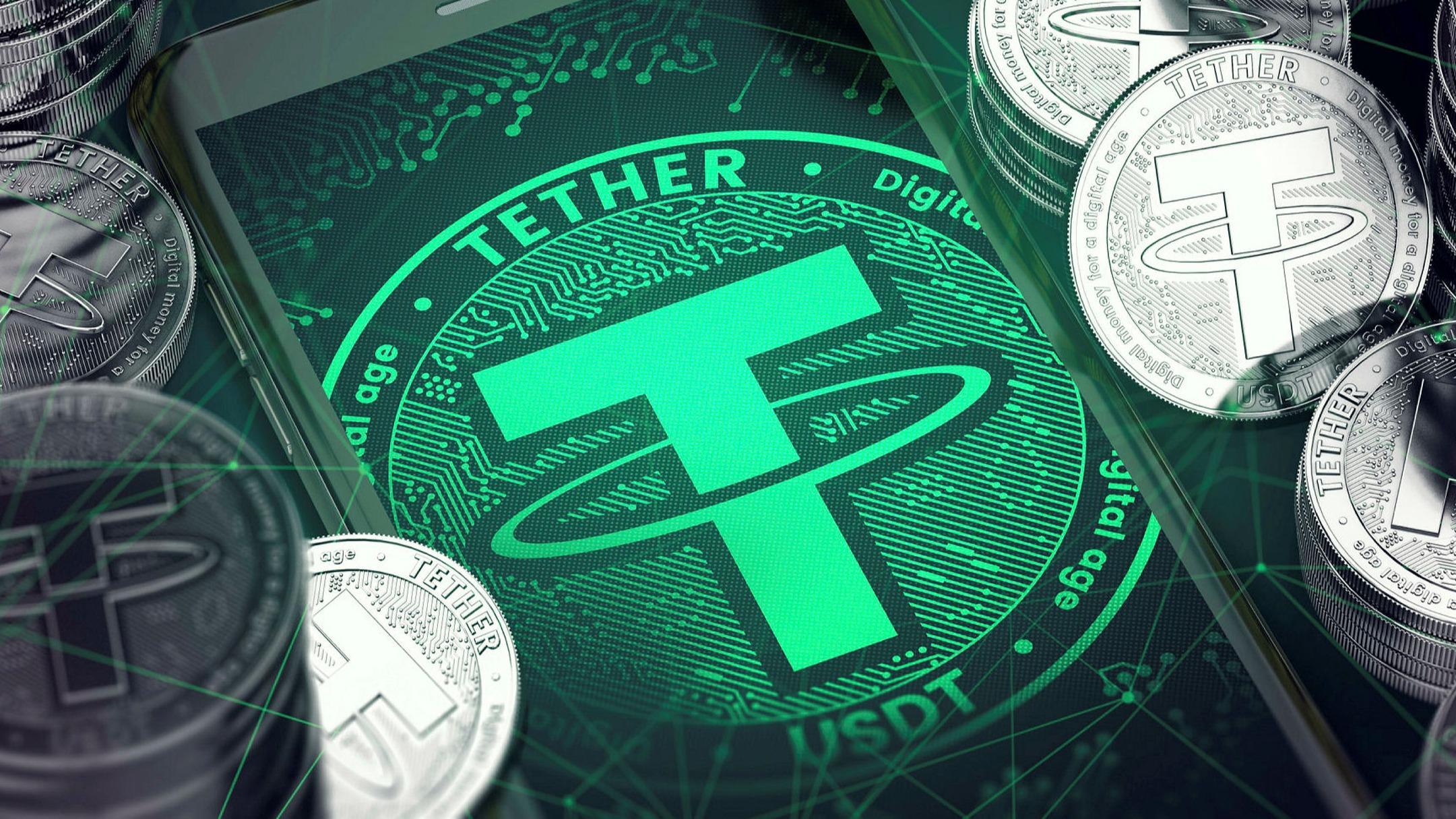|
Getting your Trinity Audio player ready...
|
Coinbase, one of the world’s largest cryptocurrency exchanges, has announced that it will be suspending trading of Tether (USDT) for Canadian users. The suspension will take effect on September 1, 2023.
In an email notice to users, Coinbase said that “we regularly monitor the assets on our exchange to ensure they meet our listing standards.” The company said that its review of USDT found that it “does not meet our standards for liquidity and transparency.”
USDT is a stablecoin, which means that it is designed to be pegged to the US dollar. However, there have been concerns about the backing of USDT. In 2021, the New York Attorney General’s office accused Tether of misleading investors about its reserves.
Coinbase is not the first cryptocurrency exchange to suspend USDT trading. In January 2023, Crypto.com announced that it would be delisting USDT for Canadian users.
The suspension of USDT trading by Coinbase is a blow to the cryptocurrency industry in Canada. USDT is the most popular stablecoin in the world, and it is used by many investors to trade other cryptocurrencies.
It is unclear what impact the suspension will have on the price of USDT. However, it is likely to lead to increased volatility in the cryptocurrency market.
Canadian users who currently hold USDT on Coinbase will still be able to deposit and withdraw the stablecoins after the proposed deadline
The suspension of USDT trading by Coinbase is a sign of the growing regulatory scrutiny of the cryptocurrency industry. As regulators around the world become more concerned about the risks of cryptocurrencies, it is likely that we will see more exchanges delist stablecoins or other risky assets.
Also read: Coinbase Gets the Green Light to List Crypto Futures Contracts in the U.S.
What does this mean for Canadian investors?
Canadian investors who hold USDT will need to find a new exchange to trade it on. They may also want to consider converting their USDT to other cryptocurrencies, such as Bitcoin or Ethereum.
Investors should also be aware of the risks associated with stablecoins. Stablecoins are not FDIC insured, and they are not backed by any government. This means that there is a risk that investors could lose their money if the stablecoin issuer goes bankrupt or if the stablecoin loses its peg to the US dollar.
What are the alternatives to USDT?
There are a number of other stablecoins available, such as USDC, BUSD. These stablecoins are also pegged to the US dollar, but they are backed by different assets. USDC is backed by cash and short-term US Treasury bills, BUSD is backed by cash and cash equivalents.
Conclusion
Investors should carefully research the different stablecoins before choosing one to invest in. They should also consider the fees and other features of the exchange where they plan to trade the stablecoin.
I’m your translator between the financial Old World and the new frontier of crypto. After a career demystifying economics and markets, I enjoy elucidating crypto – from investment risks to earth-shaking potential. Let’s explore!




